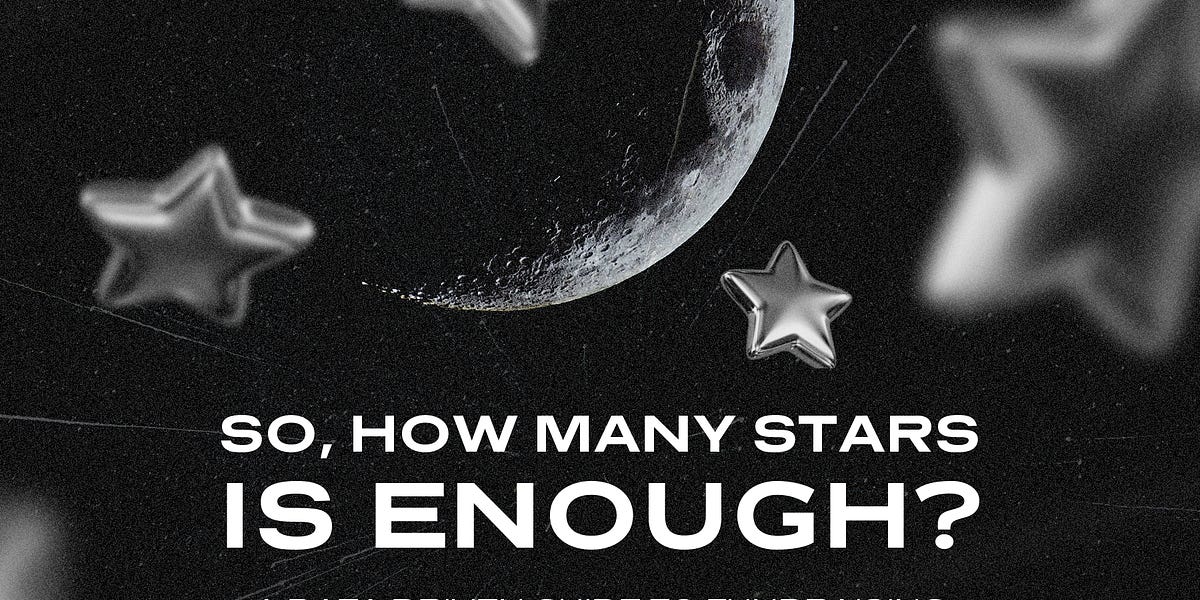MargaretC
@margaretc
MargaretC
@margaretc


because to some people it looks like a big empty space with nothing in it, but for us, it’s a really important place filled with wildlife and lovely, wonderful communities, and we wanted to protect them.’ She’d appealed to the critical difference between ‘space’ and ‘place’ – one a malleable territory largely Irreplaceable: The fight to save our
... See moreThe Death of Stalin
Film satirising the chaos, panic, and political machinations during the power transition after Stalin's death. It mocks the fear and sycophancy surrounding Stalin's cult of personality in the USSR



When you’re in middle age, which I am (mid-middle age, to be precise—I’m now 52), you start to realize how very much you need your friends. They’re the flora and fauna in a life that hasn’t had much diversity, because you’ve been so busy—so relentlessly, stupidly busy—with middle-age things: kids, house, spouse, or some modern-day version of
... See more